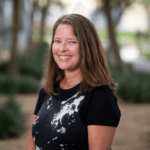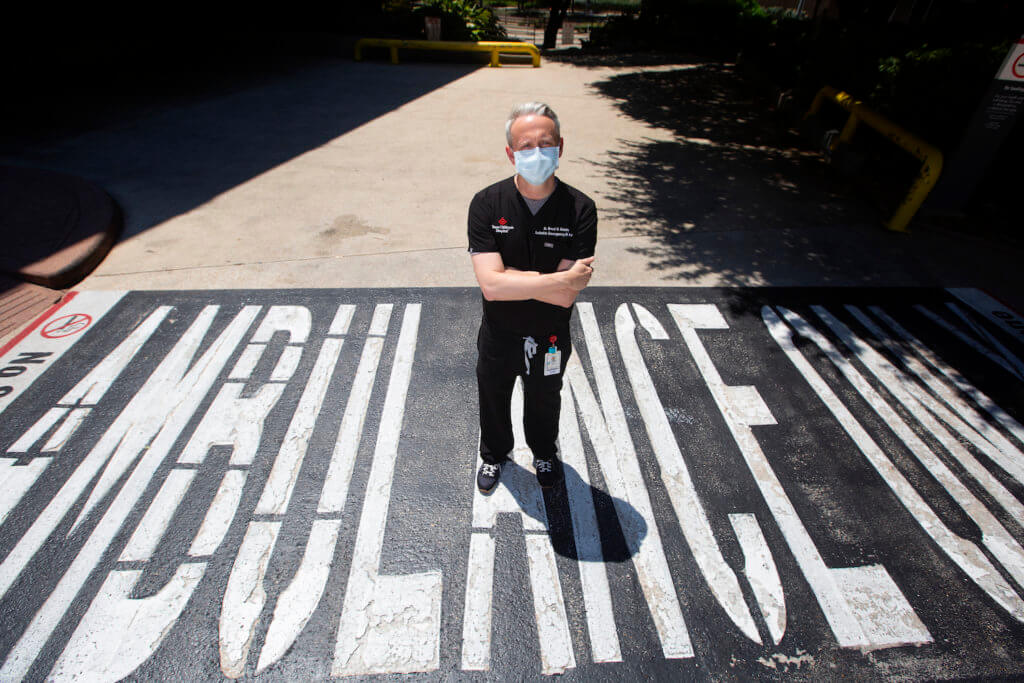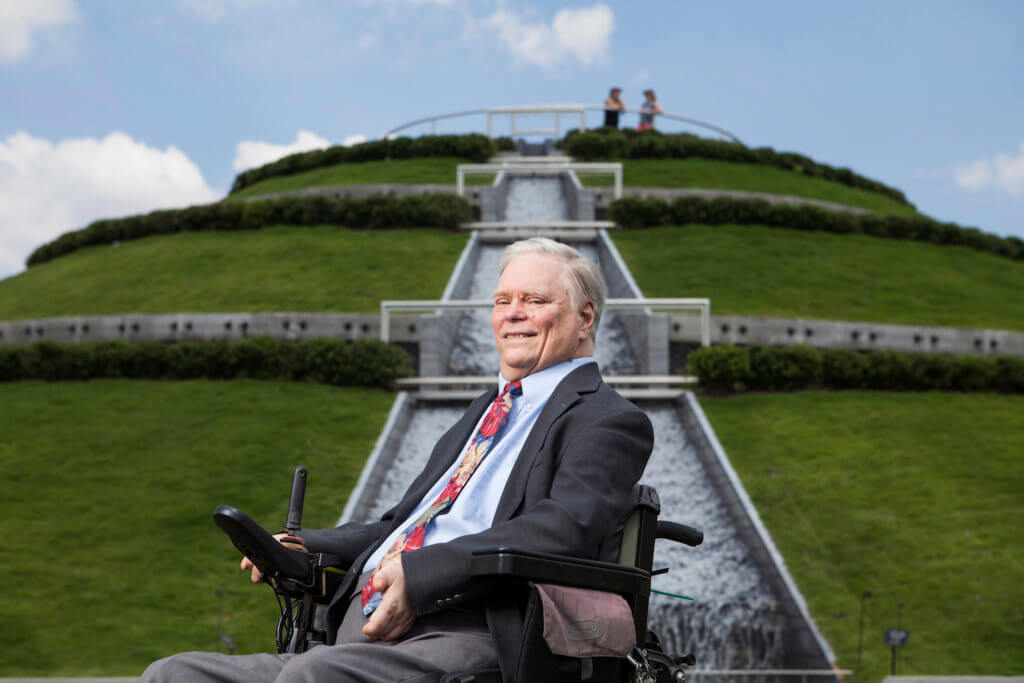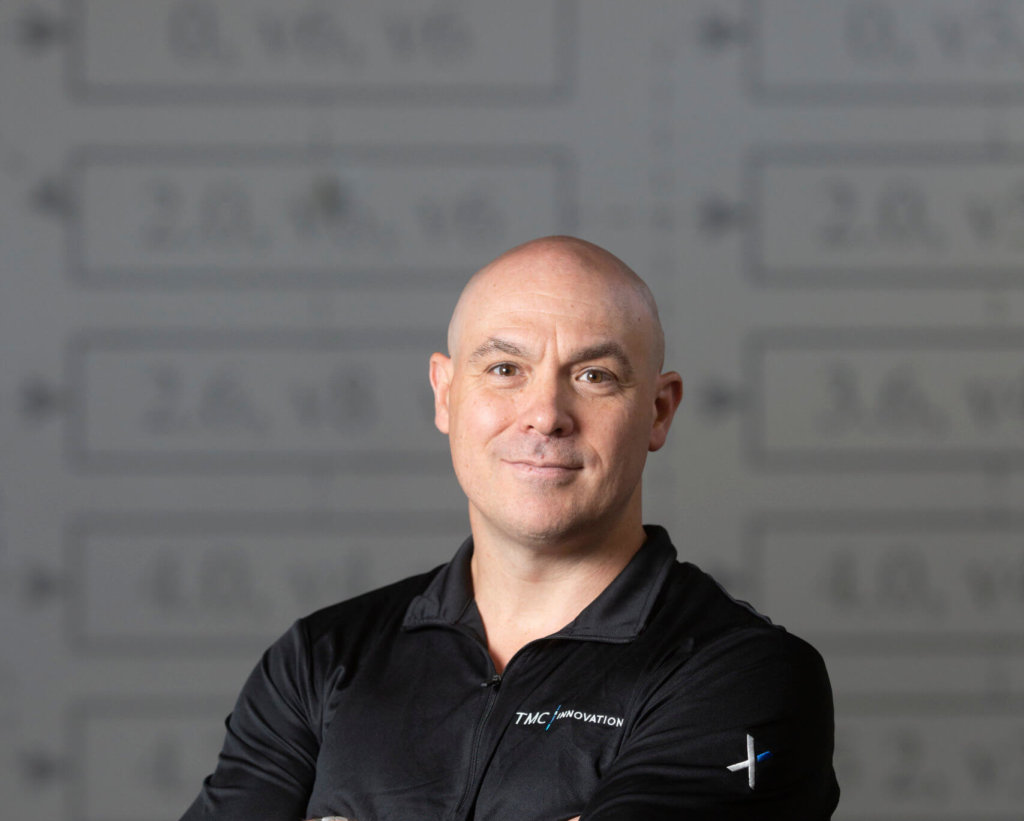Six questions for David Callender, M.D., President and CEO of Memorial Hermann Health System
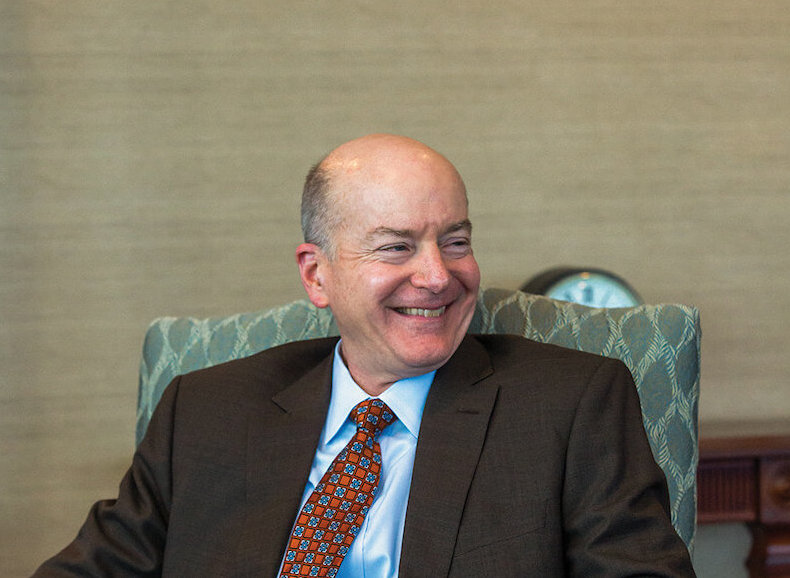
DAVID CALLENDER, M.D., assumed his new role as president and CEO of Memorial Hermann Health System in fall 2019. Before that, Callender spent a dozen years leading The University of Texas Medical Branch at Galveston and three years directing the UCLA Medical Center. From 1996 to 2004, the head and neck surgeon worked at MD Anderson Cancer Center, rising to the role of executive vice president and chief operating officer.
PULSE | You’re a medical doctor with an MBA who is now running the largest not-for-profit health system in southeast Texas. When’s the last time you wore your white coat?
DC | I have privileges in three of our facilities—in Memorial City, the TMC and The Woodlands. I actually have a few of my old MD Anderson patients that I still see. I don’t ever want to completely give up seeing patients. I have a great deal of loyalty to those patients I saw a number of years ago, so if they call and tell me they want to see me, I will see them. But the last time I regularly saw patients was when I was at UCLA, from 2004 to 2007.
PULSE | It’s fair to say you’ve been honing your management and business skills over the past two decades. Do you come from a family of doctors?
DC | My father is 90 and he still asks, ‘Son, didn’t I send you to medical school?’ And then he laughs. I say, ‘Yeah, dad, but I’m just helping patients in a different way.’ Everybody in my family has been in finance, so I’m the black sheep. When we get together for family celebrations and dinners and holidays, they’re all talking about what’s going on with the market.
PULSE | Many patients and consumers are concerned about health care waste—unnecessary tests, unnecessary office visits, unnecessary paperwork, and so on. As you get to know Memorial Hermann Health System, where will you look to trim costs?
DC | What worries me when we have these sorts of broader discussions or when I’m watching weekend news shows is that people push this question toward blame. … Well, this is all the fault of the hospitals and physicians. Or, This is all the fault of the pharmaceutical companies. To me, that’s just nuts. We all need to engage together to address the big issues. Costs are too high. Access is too poor. There are huge differentials among populations in terms of access to care. All of us need to look at what we can be responsible for and focus on those things and look for points of common interest with other people and then pursue those together.
PULSE | As you note, access to care is a major issue facing all health care providers. How do we solve that?
DC | Everybody has a smart phone now. Other sectors of the economy have done a much better job than we have in terms of using technology to engage consumers. We have to emulate more of a retail model, using different channels to get information out and to try to help people make better choices. If you think about people already loyal to the Memorial Hermann brand, today we wait for them to go through the pro- cess of trying to make an appointment. Can’t we create different ways to connect—multiple points of access that meet consumers on their terms?
PULSE | Memorial Hermann Health System recently unveiled its first Community Resource Center, designed to address the holistic needs of southwest Houston. An onsite partnership with the Houston Food Bank gives patients in this area access to fresh food. What other new projects or ideas you’d like to see blossom at Memorial Hermann?
DC | I’d like for us to keep pulling on that thread, to focus on community. This sort of approach—going beyond traditional health care venues, putting clinics in schools— really started 20 years ago. With those children [from 20 years ago], we’ve seen better academic achievements, improvements in health. We want to grow that effort.
PULSE | How do you manage your professional commitments to ensure that you don’t work 24 hours a day?
DC | I do that though exercise. I read. I try to set the right example in terms of taking time away. If I’m going to go on a vacation, I don’t read my email when I’m away. If people need me, I tell them to call me. I love going away to the mountains—going on a vigorous hike and getting out and doing whitewater rafting. I think we have to create those breaks. If we’re continually engaged in problem-solving every day, we lose our ability to be creative.
Folks work at Memorial Hermann because they want to make a difference and they’ll push themselves beyond the point of exhaustion. We have to do a better job providing lifelines for self-preservation. It’s about better support for their work, understanding our limits as individuals, thinking about how we create teams in the organization, and then giving our people time to separate—to do something different that’s good for the mind, the body and the spirit.
David Callender, M.D., was interviewed by Pulse Editor Maggie Galehouse. The conversation was edited for clarity and length.

